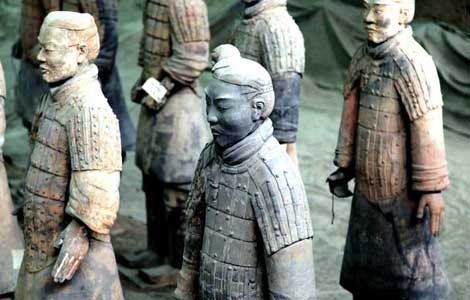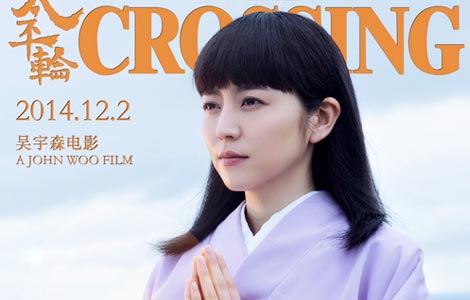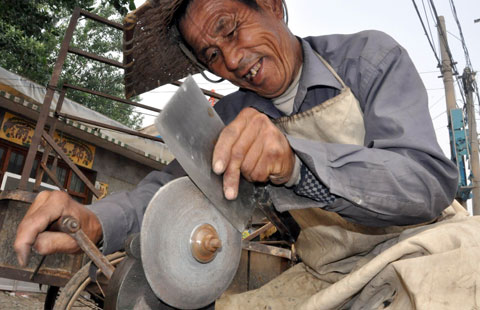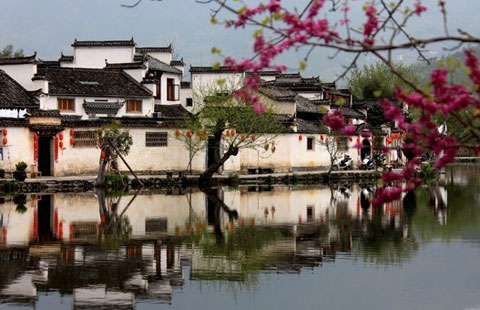Theo Sommer offers decades of China perspective
By Liu Wei ( China Daily ) Updated: 2014-10-22 07:20:24
|
Nobel Laureate in Literature Modiano in eyes of Chinese people |
"He thought too many people talked a lot, but were not acting to reform the country," Sommer says. "They just kept repeating old Marxism, not really doing anything.
"Deng, however, was a pragmatist who always got things done."
Sommer offers a strong comparison between Deng and Mao Zedong; one changed the country while the other liberated the people.
"Deng changed China. It is now probably the biggest economic power and exporting nation. It is back to where it was around 1820, the largest economy in the world."
Sommer says he was able to witness the changes in China for himself.
In 1975 everyone wore gray or blue Mao suits. Girls hid colorful silk blouses underneath, but outside everything was gray, he says.
One day outside his hotel, Sommer met an elderly man who spoke English, "but he could not find anyone else to talk with", he says.
But in his next visit to China, he found even taxi drivers were learning English.
"Deng pulled the country out of the Middle Ages. I still remember 1979, when I drove across the countryside, people were still using plows. I don't think I saw one tractor.
"When journalists asked Deng how China would look after his plans come to fruition, he said, 'Let's wait for 10 or 20 years'. He then predicted that by 2010 China would be in 'the top group of nations economically'."
When Sommer met Deng for the last time, in 1979, he says Deng was less excitable, and even talking about himself being an old man.
"He said he would soon be meeting Karl Marx. I knew it was his way of talking about death."
Deng went on to live until 1997 and his legacy is, of course, still much talked about today, 100 years after his birth. China's economic reforms, meanwhile, continue to deepen.
|
|
|
|
|
|
|
|
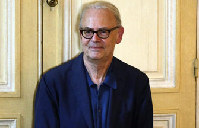


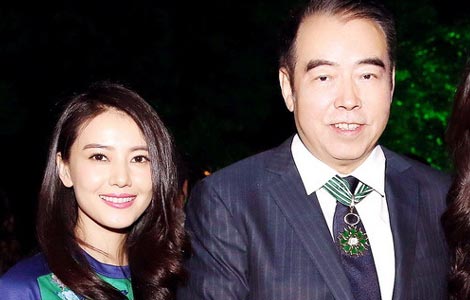
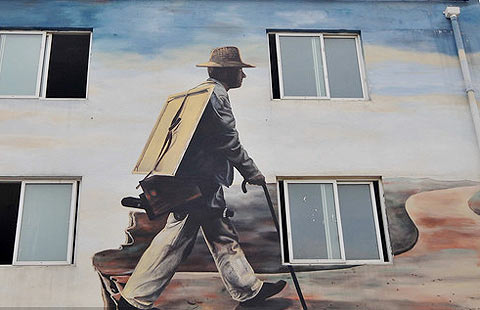
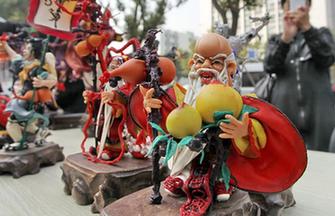

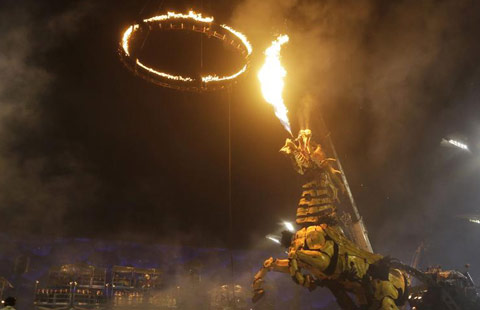
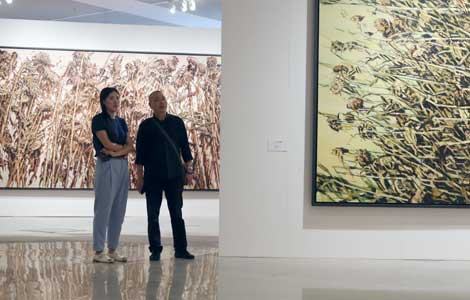

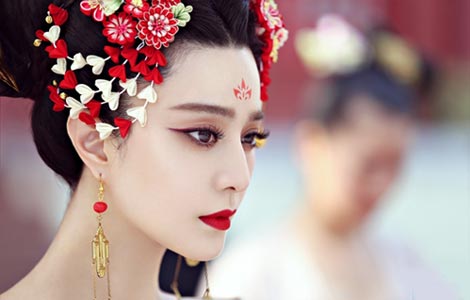







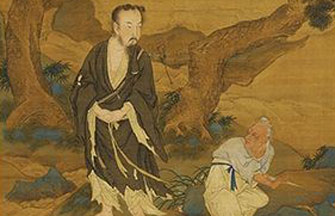
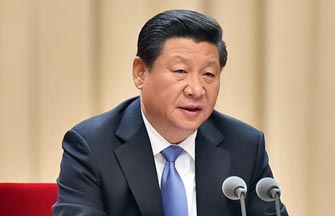



 Raymond Zhou:
Raymond Zhou: Pauline D Loh:
Pauline D Loh: Hot Pot
Hot Pot Eco China
Eco China China Dream
China Dream China Face
China Face
